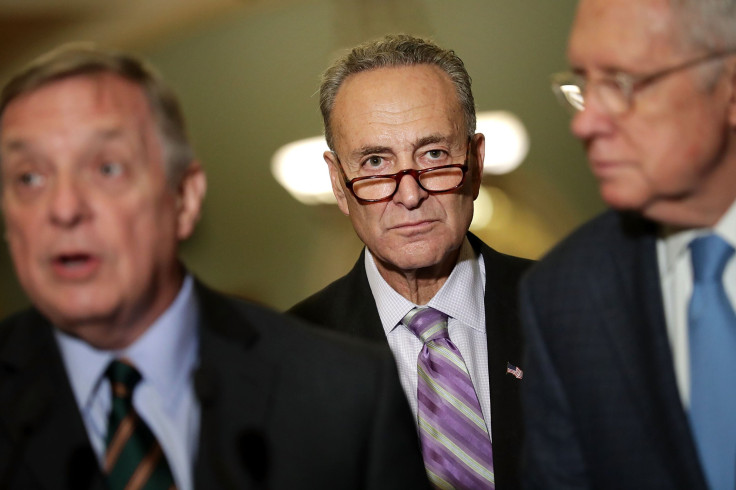Obama’s Veto Update: Senate Overrides President On JASTA, House Vote Next

For the first time during his tenure, the United States Senate overrode President Barack Obama’s veto of the bill that would allow families of 9/11 victims to file lawsuits against countries believed to harbor terrorism on Wednesday, leaving only a vote by the House of Representatives to pass the controversial measure.
After some two hours of debate, the Senate voted 97-1 in favor of the override, which was more than enough of a two-thirds majority necessary to shut down Obama’s veto for the first time. The House will have the final say later this week when it votes on the override, though no exact date or time has been announced.
The bill, the Justice Against Sponsors of Terrorism Act (JASTA), S. 2040, would specifically allow families of those killed during the Sept. 11, 2001 terrorist attacks in New York and Washington D.C. to file lawsuits against countries many believe foster terrorism. It also states any further acts of terrorism that occur in the U.S. and cause fatalities could leave the potential terrorists’ nation of origin subject to litigious actions.
Throughout his administration, Obama’s vetoed 12 bills, including JASTA and three others this year alone, but none have thus far been overridden by Congress.
JASTA’s proponents have said countries like Saudi Arabia, where 15 of the 19 9/11 hijackers were citizens, should be held accountable for acts of terror. The Saudi Arabian government, with backing from the previous George W. Bush administration and Obama’s White House, has repeatedly denied any link to the attacks over the last 15 years and has come out against JASTA.
Sen. Charles Schumer, D-New York, one of the bill’s 24 co-sponsors, took to the Senate floor just before the vote and said much of JASTA is an attempt to make sure nations responsible for terrorism don’t skirt around the Foreign Sovereign Immunities Act, a measure passed in 1976 that limits suits against foreign countries on the federal and state level.
Congress has shown no opposition to the measure, while the Obama administration and many foreign allies have said it could leave the U.S. itself open to lawsuits while eroding national sovereignty on an international scale. In May, the Senate originally passed JASTA via the unanimous consent process and earlier this month the House employed a voice vote.
© Copyright IBTimes 2024. All rights reserved.











